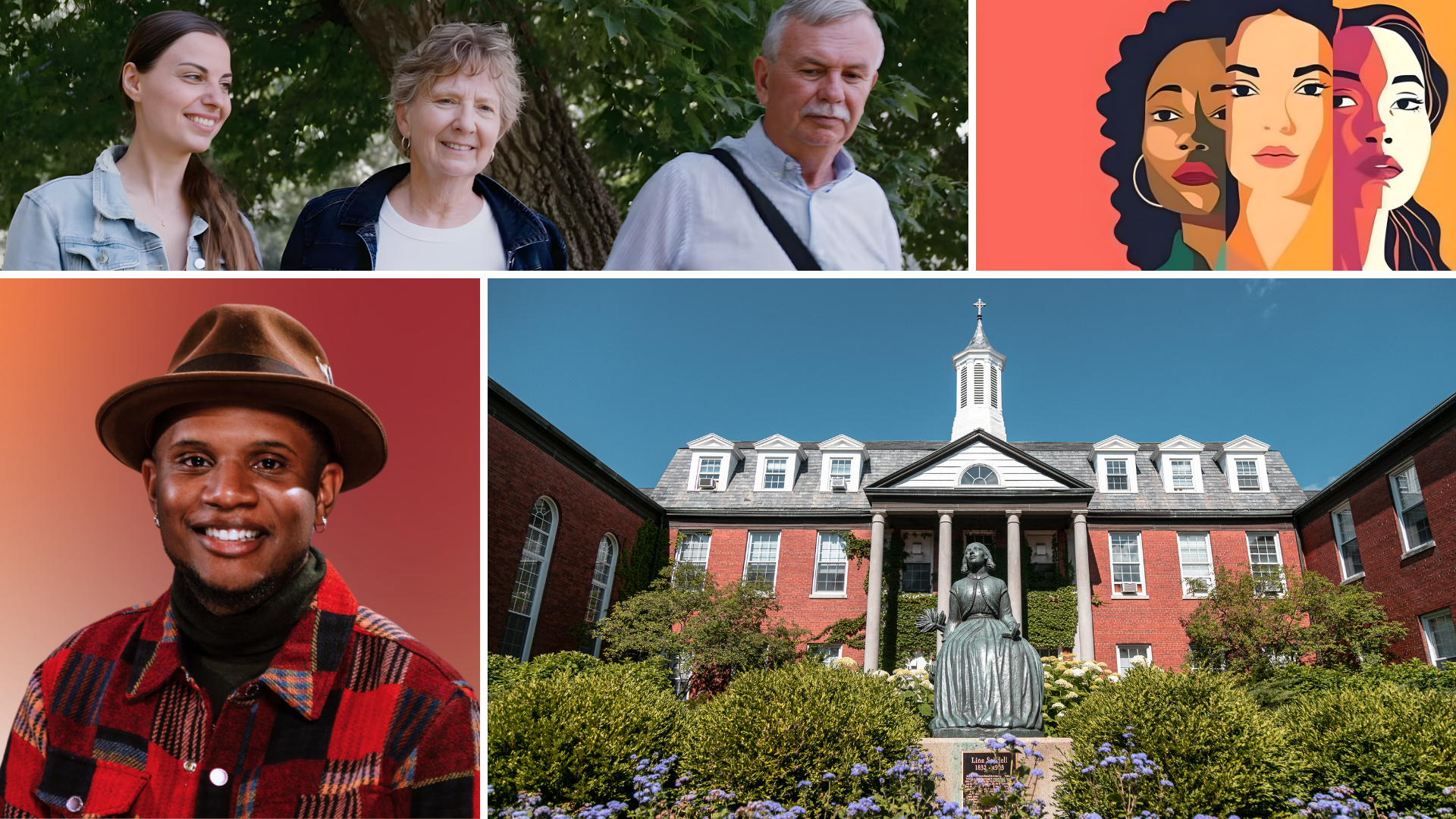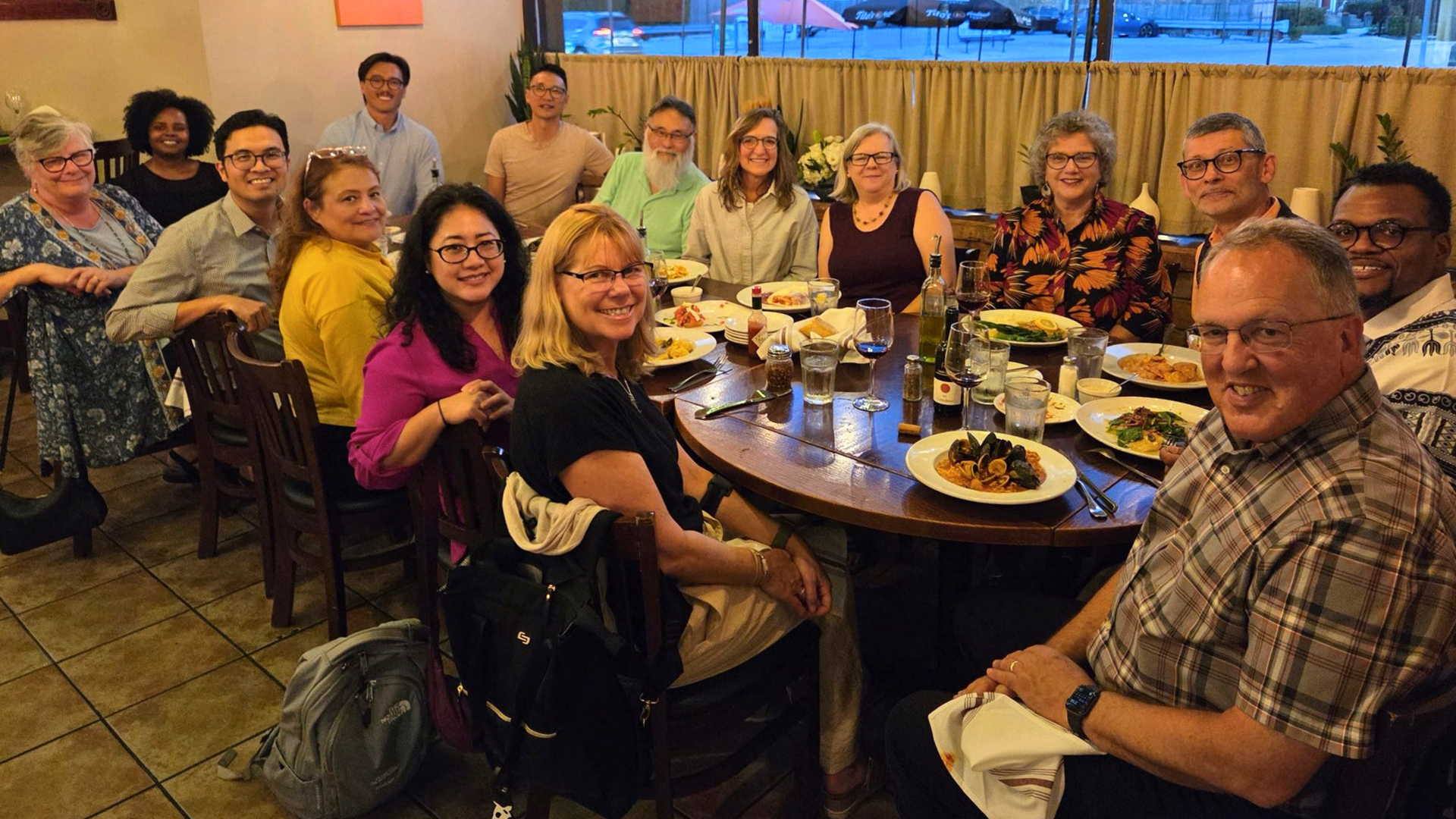By Stan Friedman
CHICAGO, IL (January 15, 2014) — Lively discussions on two Facebook pages reveal broad diversity of opinion among Covenanters on whether to allow concealed weapons into churches.
It is an issue being talked about in denominations throughout the country as states have made it legal for people to obtain permits to carry concealed weapons. Illinois recently became the last state in the nation to pass a conceal and carry law. In some states no permit is required. Restrictions on whether churches can or must allow attendees to carry firearms vary from state to state.
In the wake of mass killings in venues such as theaters and schools, the conversation has intensified. Deadly shootings also have occurred in churches, which are increasingly hiring security guards. Advocates of that approach, as well as those who support allowing church members to carry weapons, point to a 2007 incident in which a security guard shot and killed a gunman who came into the church firing a weapon. In the past, several Covenant ministers have reported receiving death threats, although none of them participated in the recent online dialogue.
The discussion among Covenanters over the past two days occurred on the denomination’s Facebook site as well as a site for Covenant pastors. Participants’ reactions varied from being “appalled” at the idea to identifying the benefit of allowing weapons. Others said that whatever a specific congregation decides need to be contextualized.
Those who opposed the idea stated that bringing weapons into a house of worship was inappropriate on theological grounds—as well as dangerous.
Susan Gillespie, pastor of Trinity Covenant Church in Livingston, New Jersey, said,
“It seems to me it’s difficult for someone to worship if they’re also carrying a weapon and keeping an eye open for someone they might have to use it on. Absent such vigilance, it’s hard to imagine an armed person would be any more useful than anyone else in a suddenly violent situation.”
“If the Scriptures ask us why wouldn’t we rather be harmed when it comes to going to court against one another,” Gillespie continued, “I can’t imagine we’re supposed to go to church armed just in case we might have to shoot one another. Isn’t the Lord who knows the sparrows paying attention? I guess if we are concerned enough, it might be useful to hire a guard, but that’s a different thing than having an armed congregation. In Texas there are many facilities than ban guns on the grounds. I’d be comfortable with that.”
Keith Foisy, pastor of Evergreen Covenant Church in Branch, Michigan, echoed Gillespie, saying, “I find it very strange that we would be carrying a sidearm for protection while singing about placing our trust in Jesus.”
Jay Phelan, senior professor of theological studies at North Park Theological Seminary, said, “I simply find the idea that we would contemplate the bringing of an implement the sole purpose of which is to kill another human being into a place of worship appalling. I would think some people would be comforted knowing handguns were not permitted. And before you tell me handguns can be used for target practice, if that were the case they should be left at the range. The only reason you bring a gun to church is that you contemplate having to shoot someone.”
Phelan attends Resurrection Covenant Church in Chicago and said the leadership team there recently decided to request a sign from the state to put in the window that would warn people no guns are allowed. Anyone bringing guns into the church would be subject to arrest. The state makes the signs available.
(Editor’s note: Phelan posted his comment on the Facebook site that is a “closed” group for Covenant ministers. He and several other pastors gave their permission for their comments to be used. Others preferred that their names not be included, although some of their thoughts are summarized in this story.)
Johannes de Silentio wrote, “Having a guard or some such who is armed makes minimal sense, though we don’t go that route. Having folks in the pews armed seems amazingly sad to me and not a little dangerous.” Silentio and several others referenced the shooting earlier this week in which a retired police officer killed a man for texting in a theater.
“Which is safer, a congregation without guns (with a possibility some nut will show up and shoot up the sanctuary) or a congregation with guns (with the possibility of gun play from one or more of them)?” Silentio asked.
Kurt Helgerson, who has a license to carry a concealed weapon, said, “I would be happy to be able to carry everywhere. But due to laws, I do not. Including theaters! But I believe that the vast majority of people licensed to carry are people you want as friends, and they would be safe in our pews.”
Phil Reames said he had trained between 15 and 20 pastors for their permits. “Personally I would prefer that my fellow congregants be armed just like they are everywhere else. I don’t fear (people who carry concealed weapons) at all.”
Other Covenanters said churches are safer if they allow weapons because the firearms act as a deterrent. Doug Hageman said, “Mass shootings rarely occur where there is a good chance that the shooter will encounter others who are also armed.”
Marc Murchison, pastor of Lanyon Covenant Church in Lanyon, Iowa, said, “The concept of concealed carry is that no one should know who is and who is not carrying a weapon for self defense or to protect other innocent people.”
Several pastors in both rural and urban settings say that some members in their congregations carry weapons. One pastor in a rural area said that in her community, “Even pastors pack.”
Several Covenanters expressed concern that implementing a “no guns allowed” policy would discourage people from attending. This is especially true in areas in which hunting and carrying firearms already is steeped in the culture.
Jan David DeWitt, pastor of New Hope Covenant Church in Richland, Michigan, expressed concern that disallowing guns and posting a sign would be akin to making a political statement. “If we start posting signs of unwelcome to some folks on church doors, in this case signs against folks a state has granted (after deep review) concealed carry privileges (a lot of people), where do we logically stop excluding people based on projecting our fear-based political beliefs?” he said. “Are we trying to win all people to Jesus Christ, or make well-intentioned political statements on church doors?”
DeWitt said he understood both sides of the discussion and that each had legitimate points. “It’s such a personal decision for a church,” he said. “Luckily in the Covenant we have the flexibility and polity to address all the cultural and conscience verities.”
Who makes those decisions in a church—the pastors, board, or larger congregation—was another question raised. The Covenant’s emphasis on congregational polity was noted, but at least one pastor said he would not serve a congregation in which weapons were allowed.
Discussion participants also emphasized the importance of knowing the law in each particular state. The Church Law & Tax website released a list of ways that congregations can work to prevent shootings in their churches or respond if one occurs.













